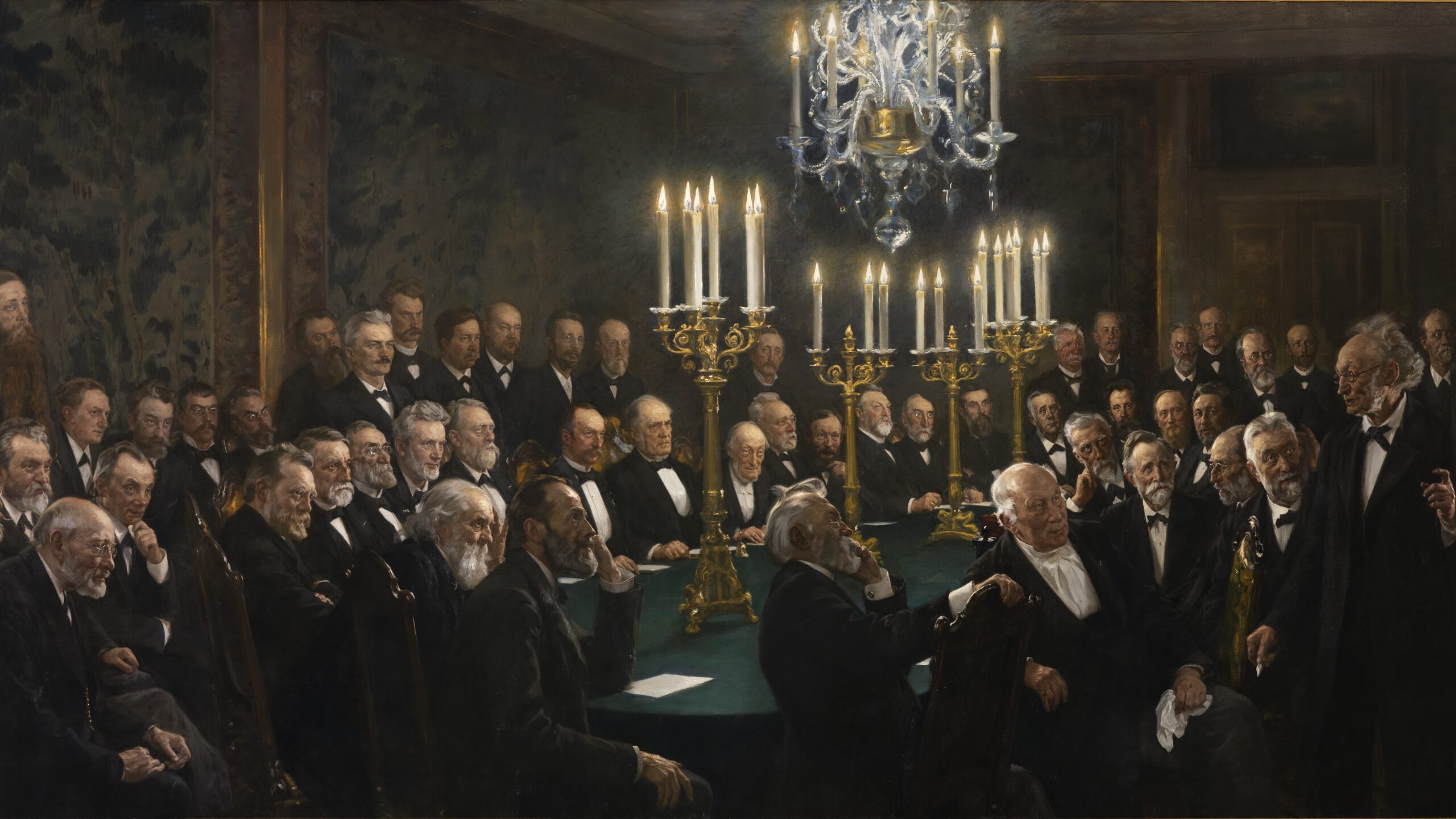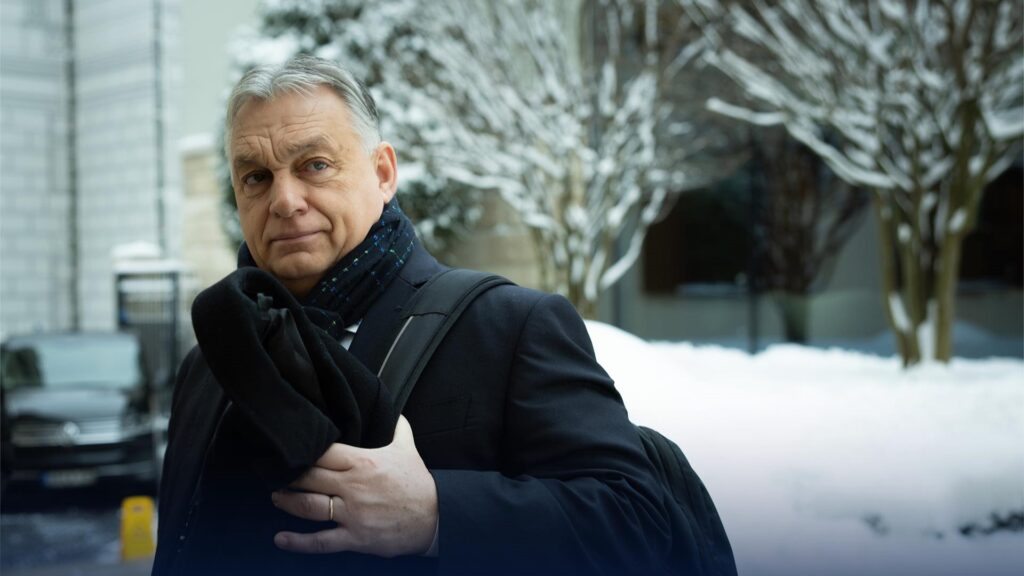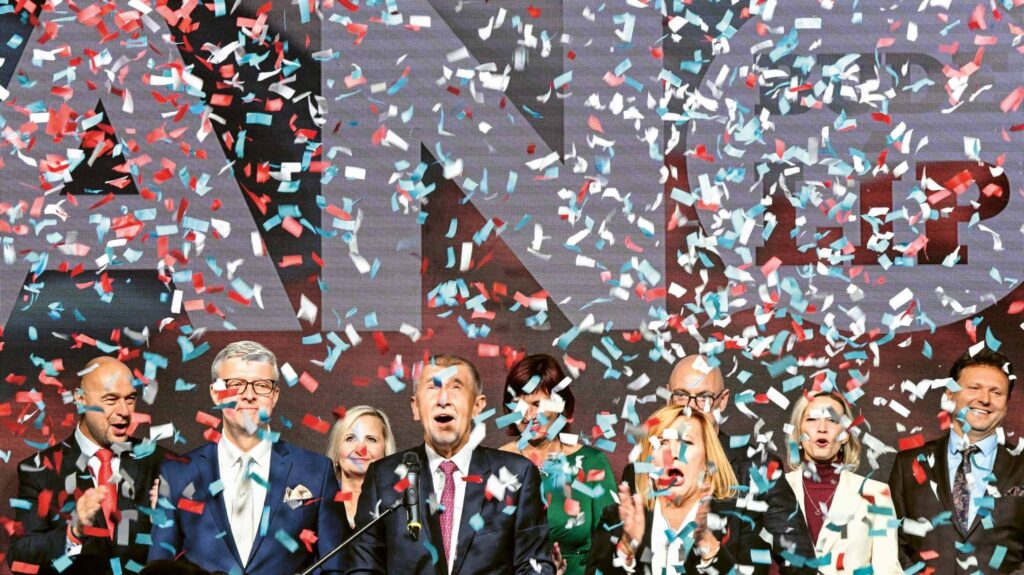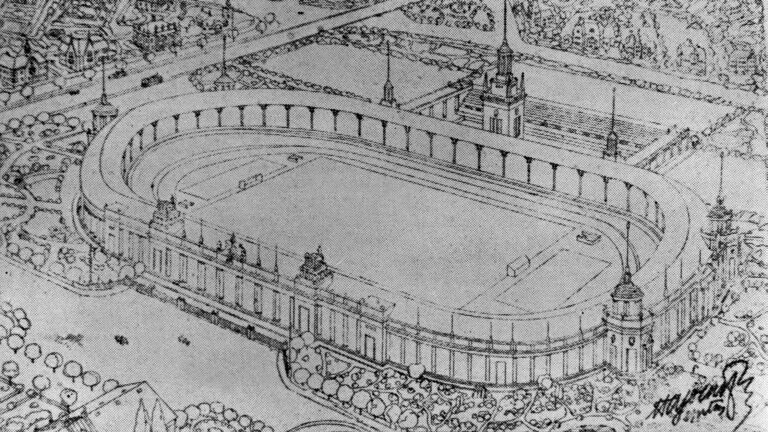Modern politics lives with a deep contradiction. On the one hand, liberal societies prize universal human rights, guaranteed to all regardless of race, sex, or creed. On the other hand, those same societies are now consumed by battles over ‘identity politics’, in which groups demand recognition not as abstract citizens but as women, ethnic minorities, or members of new gender categories. Liberalism speaks the language of the universal; identity politics speaks the language of the particular. These two idioms coexist uneasily, often within the very same institutions.
How did we arrive here? The genealogy of ‘identity’ as a political category stretches back much further than our present debates. It begins, surprisingly, with St Augustine.
Augustine and the Invention of the Inner Self
Augustine taught that man is not merely a social or political being, but also an interior one. In his Confessions, he describes turning inward to discover a place more intimate to him than his own mind, where he could encounter God Himself. This ‘inner self’ could be luminous, shared, and unitive—oriented toward God and therefore toward communion with others. Yet owing to the Fall, Augustine saw another kind of interiority: dark, private, curved in upon itself. In this fallen interior, the self turns away from God and becomes trapped in its own desires.
For Augustine, the destiny of the inner self was not self-definition but conversion: love of God over love of self. Politics, at best, could offer a societas—a fragile peace between fallen men, held together by laws and justice until the heavenly city was reached.
Rousseau and the Sacred Inner Sanctum
More than a millennium later, Jean-Jacques Rousseau took Augustine’s ‘inner self’ and gave it a radically different meaning. For Rousseau, the interior was not fallen but pure. Within each human being lies a unique, authentic self, a sanctuary of conscience, which serves as the highest source of moral authority. To be moral is to be true to oneself.
‘For Augustine, the destiny of the inner self was not self-definition but conversion: love of God over love of self’
This shift was revolutionary. Whereas Augustine’s inner self pointed beyond itself to God, Rousseau’s pointed only inward. Conscience, no longer an echo of divine law, became the voice of the self. Politics, in turn, had to be remade in its image: the true will of the people was nothing less than the collective expression of each individual’s inner authenticity.
Rousseau thus prepared the ground for what we now call identity politics. If my true self is sacred, then politics must recognize it—not merely tolerate me as a citizen, but affirm me as I understand myself.
Two Rival Politics
Here lies the clash at the heart of modern liberal societies.
- Universal-rights politics treats man as man: the bearer of reason and conscience, equal in dignity, whose rights belong to him by nature. This tradition, from the Enlightenment to the Universal Declaration of Human Rights, recognizes only what is common to all.
- Identity politics insists that we are not simply ‘man’, but more importantly men or women, Christian or Muslim, Pole or Catalan, heterosexual or queer. Our rights, advocates say, are inseparable from our concrete or ‘lived’ identities, and justice requires not only general protection but specific recognition.
As Augustine might put it: universal-rights politics corresponds to a societas—a peace of coexistence, fragile but impartial. Identity politics corresponds to a populus—a community bound by a shared love, whether of nation, culture, or group identity.
Neither vision is complete. A bare societas risks hollowness, reducing political life to procedure. A proliferating populus risks fragmentation, turning society into rival tribes of recognition.
Why Identity Politics Appeals
Conservatives must be honest: identity politics thrives because it meets a genuine human need. Man does not exist as an abstract essence but only as distinct persons, rooted in culture, tradition, language, and shared loves. Augustine himself said a people is defined by what it loves in common.
Universal liberalism, by contrast, too often offers only thin proceduralism. It tells citizens they are free and equal, but gives them nothing to love together. It neglects the truth that humans crave recognition not just as ‘individuals’, but as members of communities that matter.
In this sense, identity politics exposes a weakness in liberalism: it reveals that man cannot live by universality alone.
A Conservative Response
Yet identity politics, left unchecked, is destructive. If every inner self demands public recognition, society soon becomes a battlefield of competing identities, each insisting on affirmation, each accusing the others of oppression. The result is not harmony but perpetual grievance.
Here, conservatives must chart a middle path. We must acknowledge the truths revealed by identity politics—that humans are not abstract, that culture and belonging matter—without surrendering to its excesses.
The conservative alternative is a politics of the common good:
- Shared loves: Instead of fragmenting into endless identity groups, societies must cultivate shared objects of love—nation, heritage, faith, culture—that bind citizens together in real but open-ended ways.
- Ordered freedom: Conscience is real, but not sovereign. Authenticity must be ordered to truth, not elevated into self-creation.
- Tradition as unity: Over generations, a people’s customs, language, and moral inheritance provide recognition without dissolving into identities relative only to one person, contemporary interest group, or generation.
Augustine was right: man’s interior life cannot be the final court of appeal. He looked to God for that by way of Christ crucified. But Rousseau was also right: politics that ignores the inner self will not satisfy. The task of conservatism is to recover Augustine’s balance—to honour the depth of the human person while orienting that depth toward shared and enduring goods, and thereby toward Truth.
Beyond Warring Identities
The West today faces a choice. We can persist in liberal universalism, which risks hollowness, or embrace identity politics, which risks endless conflict. Or we can recover a more ancient wisdom: that politics must be built not on self-assertion, but on common loves.
Identity politics reminds us of a truth: man cannot live without recognition. But it forgets Augustine’s deeper truth: recognition must point beyond the self to something higher, something shared, something true. Without this, our polities become not true communities but fragmented societies, where even ‘negative liberty’ is impossible.
‘The conservative task, then, is not to deny identity but to elevate it’
The conservative task, then, is not to deny identity but to elevate it. We must turn Rousseau’s sacred interior outward again—toward the goods that unite rather than divide, the truths that endure rather than fluctuate, and the common good without which politics collapses. Only then can we move beyond the contradictions of our age and rediscover the meaning of political life.
Related articles:







